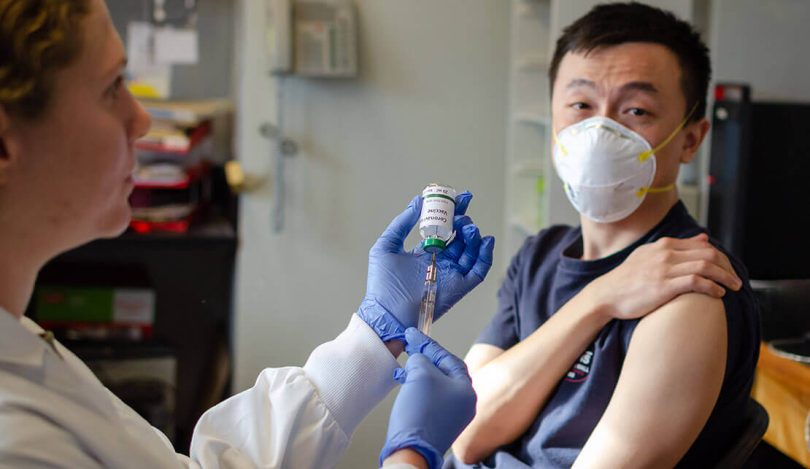With the novel Coronavirus COVID19 now present in more than 35 countries and more than 80,000 infections reported, the World Health Organisation is believed to be on the verge of declaring a global pandemic. The impact on the world economy is already significant, with global supply chains from China massively disrupted, and the impact on business will continue to grow for some time whatever the trajectory of the outbreak from here on.
In response Crises Control has created a series of pandemic response toolkits to allow its customers across the globe to prepare their own businesses to mitigate and respond to the inevitable disruptions that they will face over the next few months. These toolkits take the shape of a series of incident scenarios associated with a pandemic, including employee infection and quarantine, building closure, service interruption, working remotely and supply chain disruption.
Each quick-start incident toolkit includes a different scenario with:
- Pre-prepared messages to employees, suppliers and other stakeholders
- Recommended protocols to be followed to respond and mitigate each incident type, including:
- Hygiene, cleaning and infection control
- Management of suspected or confirmed cases
- Medical evacuation
- Anti-viral and vaccine medications
- Travel and HR management
- Alternative working practices
- Insurance and legal issues
- Communication and PR
- A list of actions to return to business as usual as quickly as possible
The objective of the toolkits is to facilitate pandemic planning that will:
- Mitigate and contain the impact of the pandemic upon the company’s business objectives.
- Enable the business to continue to operate, perhaps in a reduced capacity, for a number of weeks.
- Speed the return to business as usual as quickly as possible, potentially in a changed market environment.
Senior Consultant to Crises Control and former Statutory Deputy Mayor of London, Richard Barnes said:
“The impact of the coronavirus outbreak on the global economy is going to be massive and sustained. China generates around one quarter of the world’s output, including generic medicines used in the NHS and parts for mobile phones and computers. This will have a knock-on effect for businesses everywhere.
“But the real impact will be where there is a local outbreak, involving employees, customers or even family members, which could lead to individuals being quarantined and even buildings being closed. What Crises Control is doing is to provide a quick start toolkit that will help businesses to prepare for and handle such an event and its aftermath. The very survival of some businesses could be at stake in how they handle such an incident.”
Shalen Sehgal, Managing Director of Crises Control, said:
“Traditional business continuity responses, such as moving to a back-up site will not work during a pandemic. The problem will be with people being unavailable this time rather than the technology being unavailable. And the more globally spread the business the greater the risk.
“Unlike a standard business continuity event, where restoring technology is the greatest issue, during a pandemic technology will provide the solution rather than the problem. Telecommunications technology will provide communications tools and facilitate remote working.”
